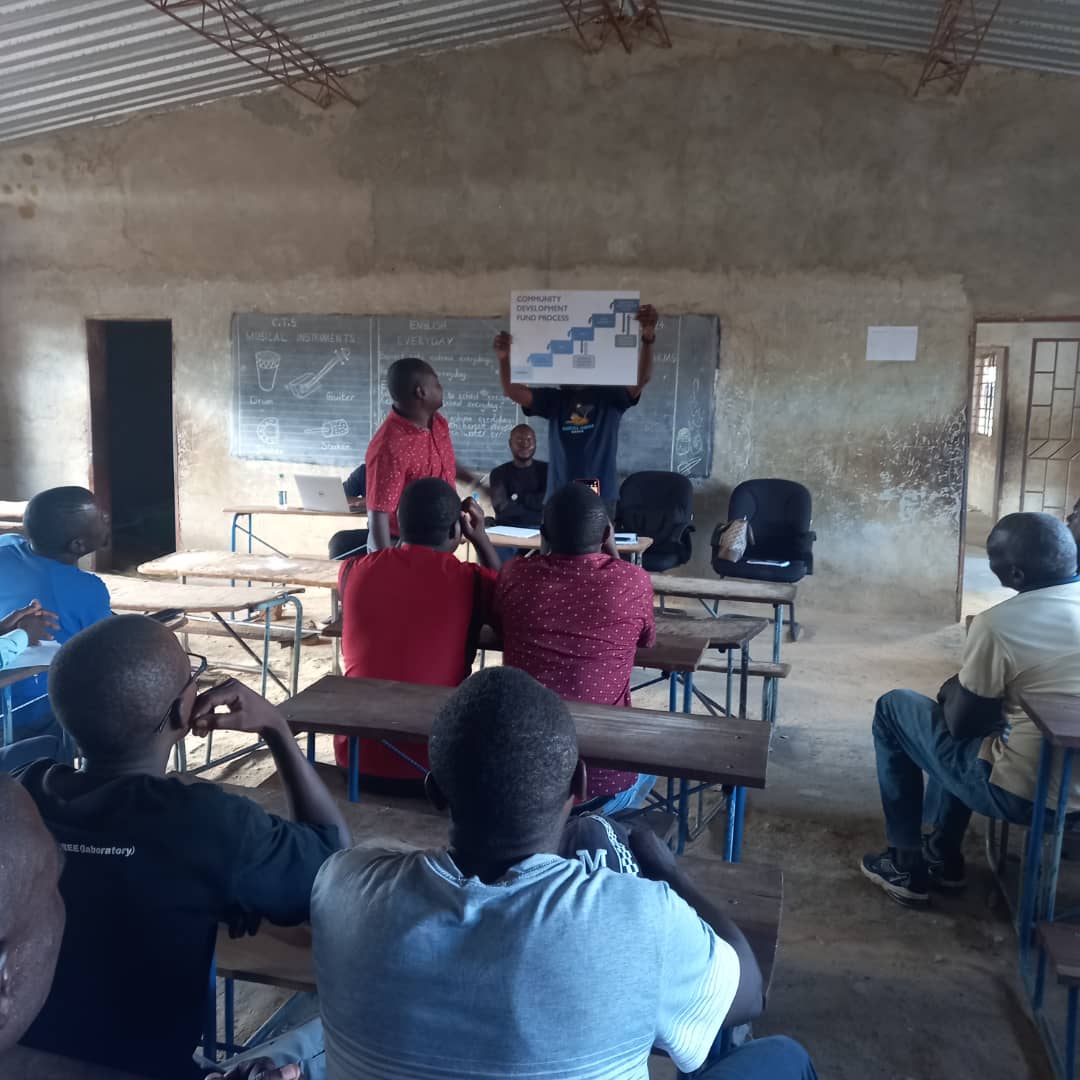Katie Andrzejewski, Aleta Starosta, and Scott Chamberlin, The Cloudburst Group
Universities provide invaluable resources for understanding socio-political dynamics, power relationships, laws, customs, cultural context, and local languages across international development work. But connecting academic researchers to donors and implementing partners in research, programming, evaluation, and other kinds of government investments can be daunting. Common challenges include:
- Negotiating agreements with universities’ sponsored programs offices;
- Navigating the complexities of SAM.gov registration for new USAID partners;
- Working with indirect cost structures that do not align with USAID contracting protocols;
- Varying incentive structures within academic institutions, such as academic calendars and teaching commitments, as well as the importance of peer-reviewed academic publication;
- Challenges in securing long-term support staff for multi-year evaluations.
One of The Cloudburst Group’s most salient contributions to governance and programming is its unique ability to bridge the gap between academia (both in the United States and in USAID partner countries) and the development sector to create a connection between the U.S. government and resources and researcher expertise at universities around the world. Cloudburst, a women-owned small business with more than 18 years’ experience promoting data-driven decision making, partners with a diverse array of methodological and sectoral experts across high, middle, and low-income countries to design and implement successful research and evaluations that have earned high regard from USAID. For example, Cloudburst has ongoing collaborative relationships with researchers from the University of Zambia, the University of Nairobi, and the Institute of Statistical Social and Economic Research (ISSER) at the University of Ghana, and has engaged consultants from academic institutions throughout Africa, Latin America, the Caribbean, Asia, and Eastern Europe.
“Cloudburst has strengthened my capacity in conducting focus group discussions and group interviews with a variety of experts in one set up. In addition, the company has helped me gain exposure to understand fidelity analysis to better examine to what extent a project has met its intended objectives.”
-Evans Daka, Lecturer and Researcher in Political Science at the University of Zambia

Photo Credit: Moses Chewe, The Cloudburst Group – Lecturers at the University of Zambia conduct a process mapping exercise with local government officials as part of a midterm evaluation for USAID/Zambia led by Cloudburst.
Through its experience engaging with academic and local experts to tackle applied development problems, particularly conducting program and impact evaluations and other assessments – Cloudburst has identified several key success factors:
Pair international and local academic experts early to create opportunities for skills transfer — both ways!
Historically, the most common way local academic experts were asked to collaborate on research for USAID or other international development donors was during data collection. By pairing academic experts from developing and non-developing countries as co-principal investigators from the design phase all the way through to the completion of an evaluation, both groups build their research skills and expertise.
Plan for additional support during report writing, and while developing recommendations
While local researchers typically bring strong sectoral and methodological expertise, writing in the style expected by USAID and other donors often requires coaching and support. Academic experts in developing countries and non-developing countries alike benefit from writing workshops, discussions on developing specific and actionable recommendations, and occasional overwriting to ensure a report is clear and well-organized. By planning for these labor needs in advance, contractors can benefit from local talent and produce the deliverable quality clients expect, and local researchers learn how to write for an international audience.
Provide opportunities for local experts to publish papers and participate in regional and international conferences
Researchers in developing countries often face challenges gaining access to resources to engage in presenting and publishing their work, particularly for international conferences and journals. Whenever possible, encourage funders to support developing country researchers’ participation in conferences, as well as the publication of papers. This brings with it the twin benefits of disseminating research findings and strengthening the capacity of local researchers.





